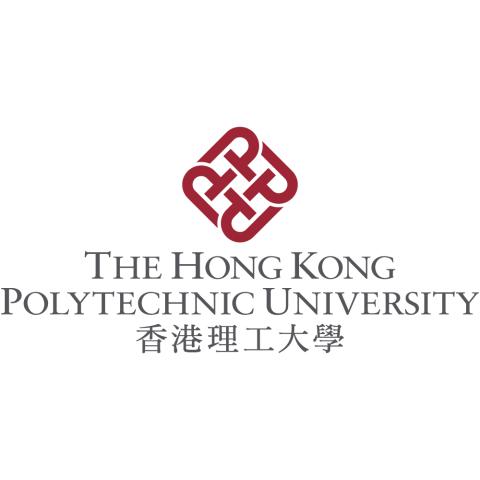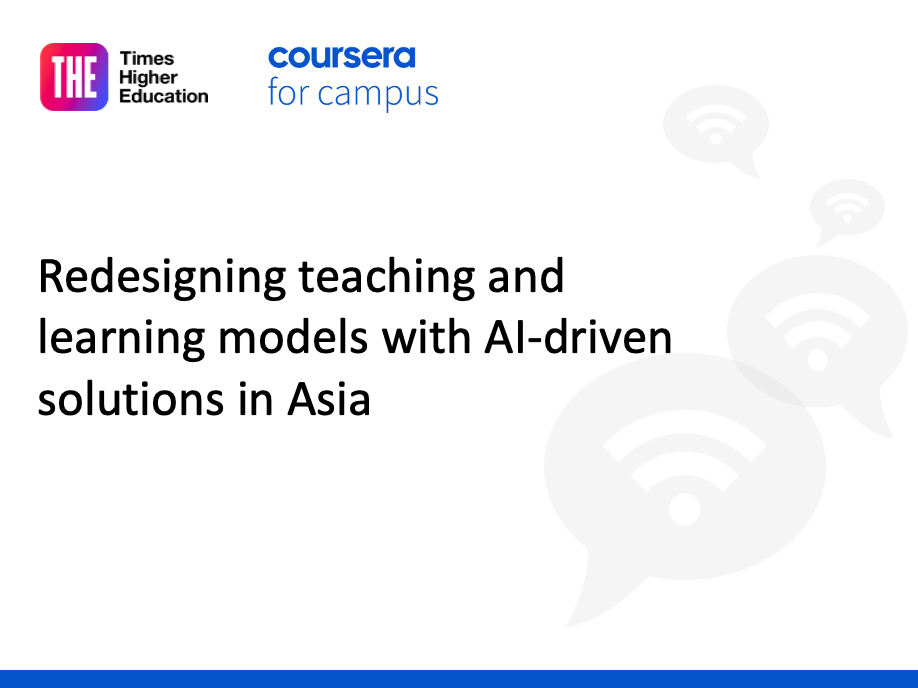
Innovative career services for a well-prepared workforce
Student career support is an enduring priority for universities, particularly in the employment landscape driven by constantly advancing technologies, changing market demands and shifting economic trends. These three factors contribute to developing new industries, business models and work practices, leading to rapidly evolving role and skill requirements. While facilitating students’ acquisition of professional knowledge and technical skills is essential, empowering them to develop in their chosen profession through lifelong learning continuously is equally important.
Creating industry-relevant learning experiences
Internships are common, but it is crucial to ensure that students can use them to connect classroom theories with real-world applications.
PolyU has taken a pioneering step in Hong Kong higher education by mandating that all undergraduate students complete a Work-Integrated Education (WIE) component in their curriculum, requiring them to undertake an internship before graduation. The distinctive feature of WIE is that the work-based experience must take place in a genuine work environment related to a student’s academic discipline. Students can hone the necessary competencies and familiarise themselves with the latest workplace requirements and practices relevant to their chosen career paths. Some students complete their WIE internships outside of Hong Kong, reaping the dual benefits of gaining relevant work experience while also expanding their global perspectives.
- Tried and tested ways to teach your students soft skills
- Career mentoring can support student employability
- How we can use AI to power career-driven lifelong learning
To ensure a successful transition from classroom to workplace, we should provide pre-internship orientation and training in areas such as work attitudes, cultural awareness and risk management to students. In addition, it is highly desirable to offer both on-site and off-site support during their internships.
On-site support can include ensuring that a supervisor is available to provide guidance and feedback, while off-site support may involve regularly reaching out to students to discuss their experiences. To help ensure the effective implementation of this university-wide initiative, quality assurance measures must be in place, including the evaluation of learning outcomes on factors that align with the current curriculum, such as employer assessments.
Leveraging the university’s robust network
Recognising that students’ career success goes beyond academic knowledge and technical skills has informed another flagship initiative. The university-wide mentorship programme “INSPIRE” adopts a holistic approach to promoting students’ long-term career development. This programme sets itself apart by emphasising mentees’ career development and personal growth and fostering lifelong mentoring partnerships.
“INSPIRE” taps into the expertise of role models and prominent leaders within the university community, namely court and council members, university fellows, outstanding alumni and strategic partners, to serve as mentors to students across all faculties and schools. In addition to helping mentees optimise their career plans, offering guidance on enhancing in-demand skills, providing advice on reskilling and transitioning, and expanding their professional networks, the mentors also offer guidance and inspiration to help nurture global citizens, who have the competencies and qualities integral to both personal and professional success.
During the mentorship period, mentees are expected to participate in regular gatherings, maintain frequent communication with their mentors, and engage in various mentoring activities organised by the university or the mentees. It is encouraging to see that many of these mentoring relationships continue, even after the mentees graduate.
Powering career services with new technologies
We’ve enhanced our career services for both students and employers by incorporating new technologies, going beyond simply following the latest technological fads. For students, for example, artificial intelligence (AI) tools are used to help transform general content into job-specific CVs, as well as improve students’ job interview skills through simulation and automated feedback. This not only enhances a student’s job search but also enables the career centre to allocate resources more strategically for personalised support. Students are encouraged to dedicate time to practising AI-powered interviews and online assessments to gain a competitive edge in navigating these increasingly common hiring methods.
For employers, our dedicated online one-stop recruitment platform streamlines the process of selecting talents through a suite of online tools, including video assessments, virtual interviews and pre-employment tests. Such a platform is particularly beneficial for employers outside the local area.
We believe that balancing industry-relevant competencies and adaptive mindsets is critical to bridging the gap between academia and the workplace. This principle underpins PolyU’s multifaceted strategy of blending experiential learning, mentoring networks and emerging technologies. By continuously seeking feedback and input from both students and industry partners, universities can help ensure that their career services remain responsive to the evolving needs of their students and the modern workplace.
Kelvin Cheng is section head of careers and placement at the student affairs office at the Hong Kong Polytechnic.
If you would like advice and insight from academics and university staff delivered direct to your inbox each week, sign up for the Campus newsletter.




